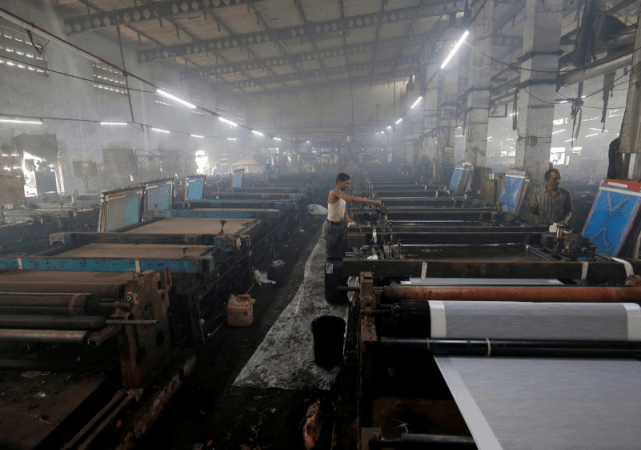
A private business survey has found that the growth of the Indian factory is at an eight-month low. With the national elections underway, manufacturers are unsure of the policy changes that will come into effect after the election results are out later this month. The uncertainty has sent output and demand into a downward spiral. The readings being reported are the lowest since August of 2018.
A principal economist at IHS Markit, Pollyanna De Lima, said in a release, "When looking at reasons provided by surveyed companies for the (April) slowdown, disruptions arising from the elections was a key theme." The Nikkei India Manufacturing Purchasing Managers' Index, or PMI, slipped from 52.6 in March to 51.8 in April. However, it has remained above the 50-point level separating expansion from contraction for almost 2 years.
A Reuters report stated that the growth rate in input costs is at its weakest since September 2015 while output prices are growing at a slow pace. Healthy inflows of new work from abroad have enabled most companies to weather the market conditions. Overall inflation is expected to remain below the Reserve Bank of India's medium-term target of 4 percent.
De Lima added, "With price pressures in the manufacturing economy cooling and growth losing momentum, it's increasingly likely that the RBI may cut its official rate for a third successive time in June."
With a recent oil price shock and US-China trade talks in their final lap, the effects of this low could affect the future of the Indian industry.
India's multi-stage elections began on April 11 and will end on May 19. Votes are to be counted on May 23 and the results will be declared on the same date.









!['Had denied Housefull franchise as they wanted me to wear a bikini': Tia Bajpai on turning down bold scripts [Exclusive]](https://data1.ibtimes.co.in/en/full/806605/had-denied-housefull-franchise-they-wanted-me-wear-bikini-tia-bajpai-turning-down-bold.png?w=220&h=138)



